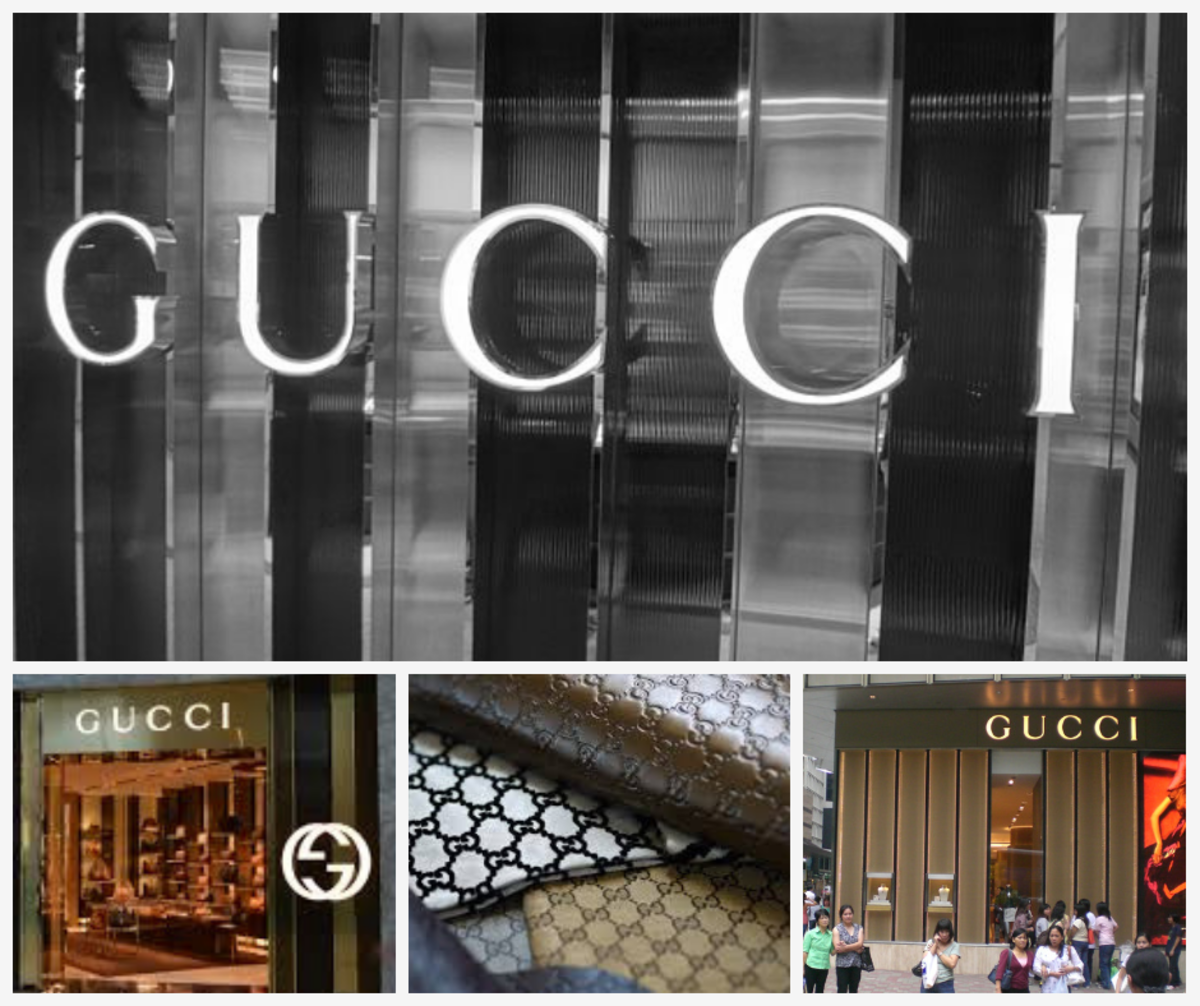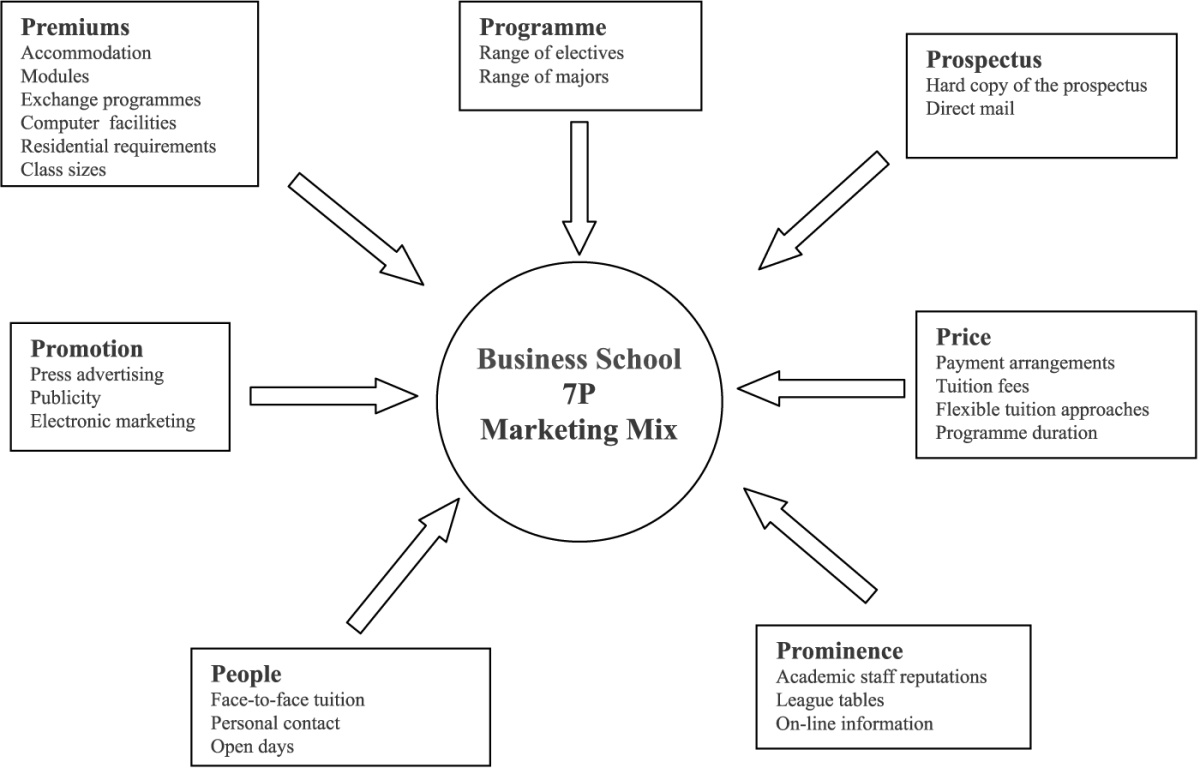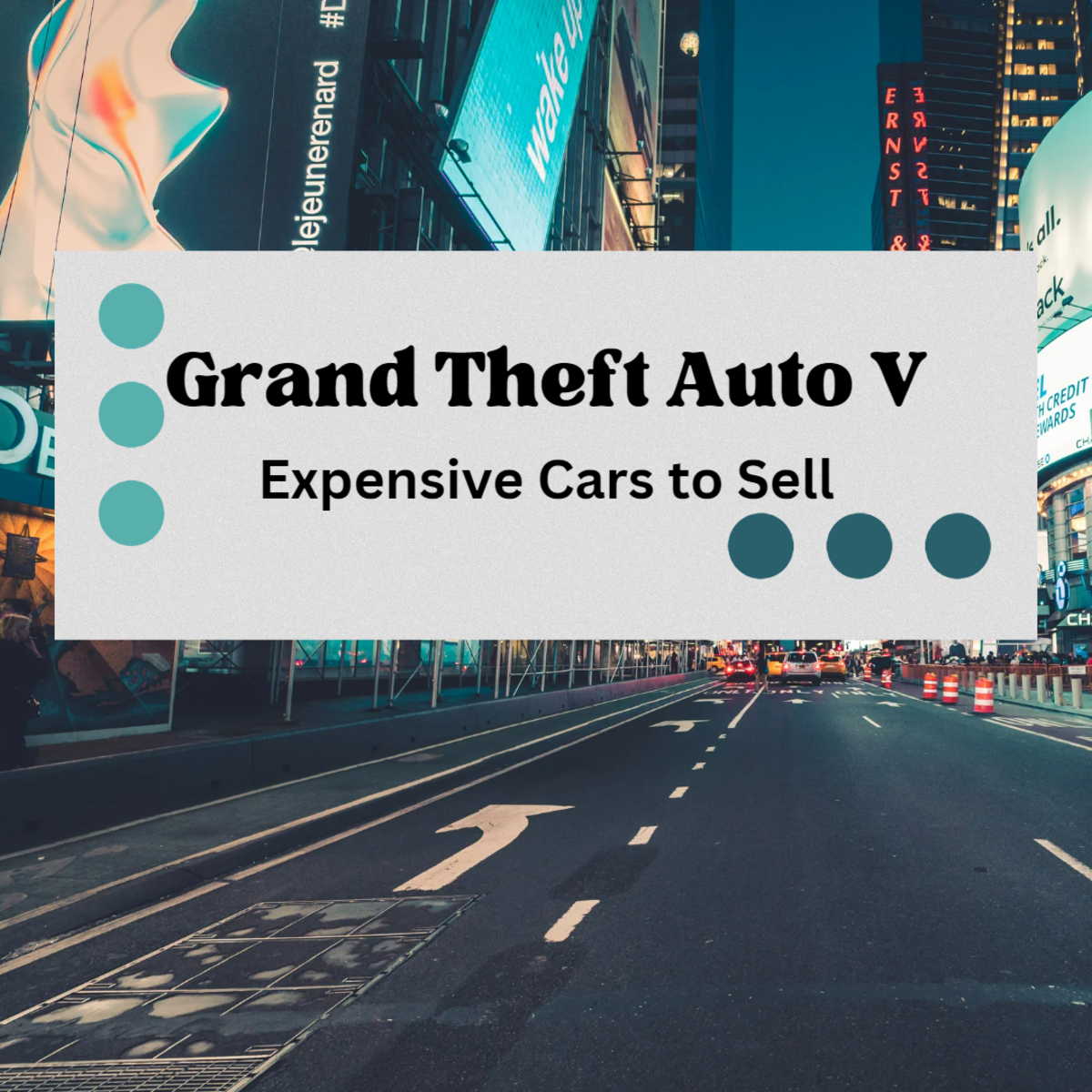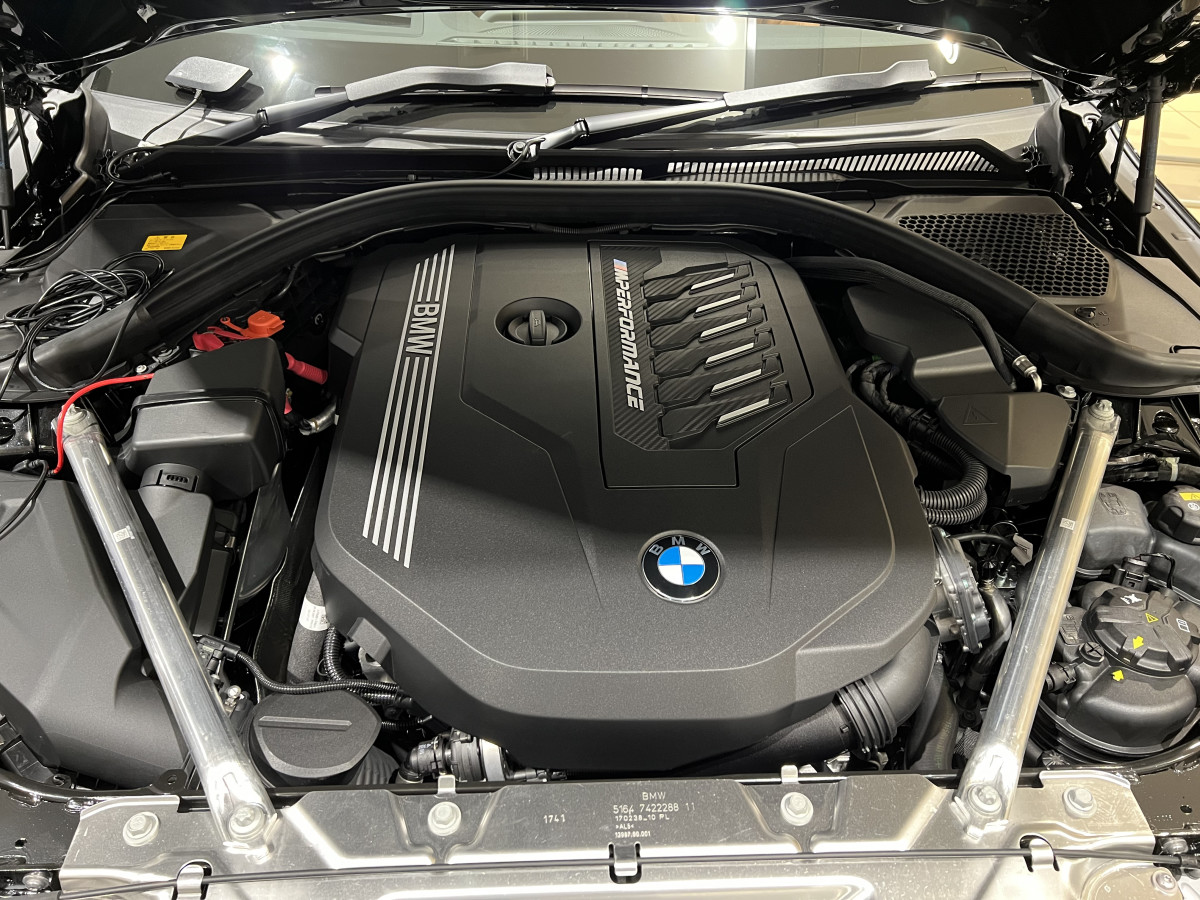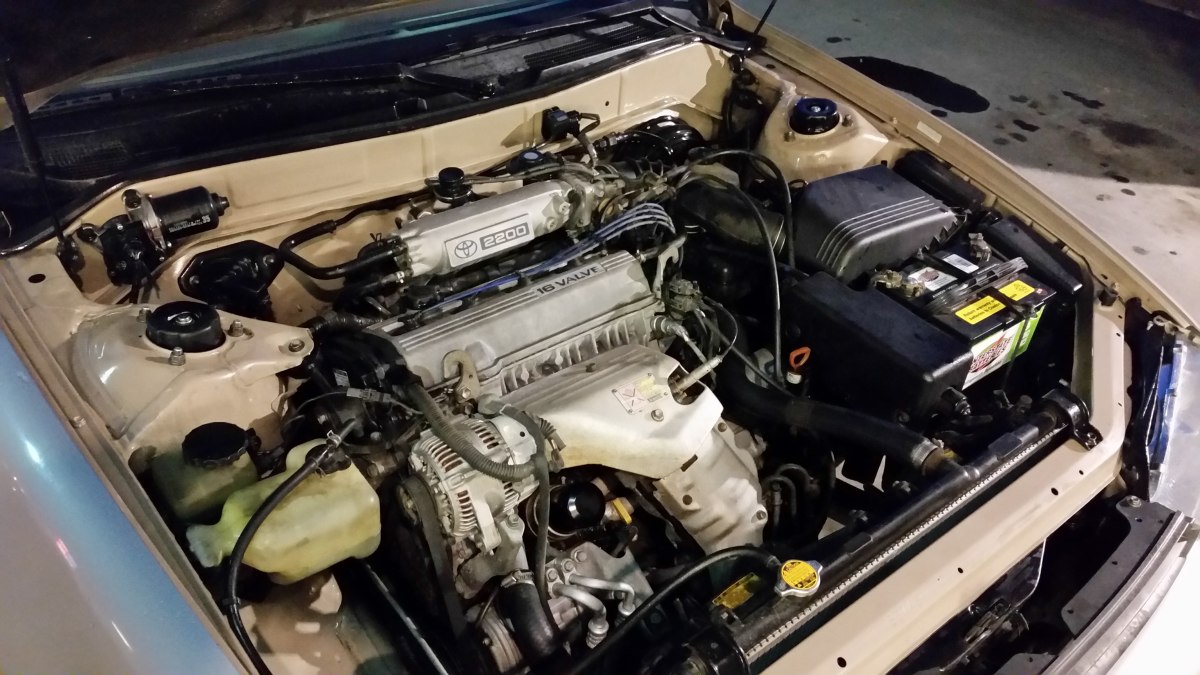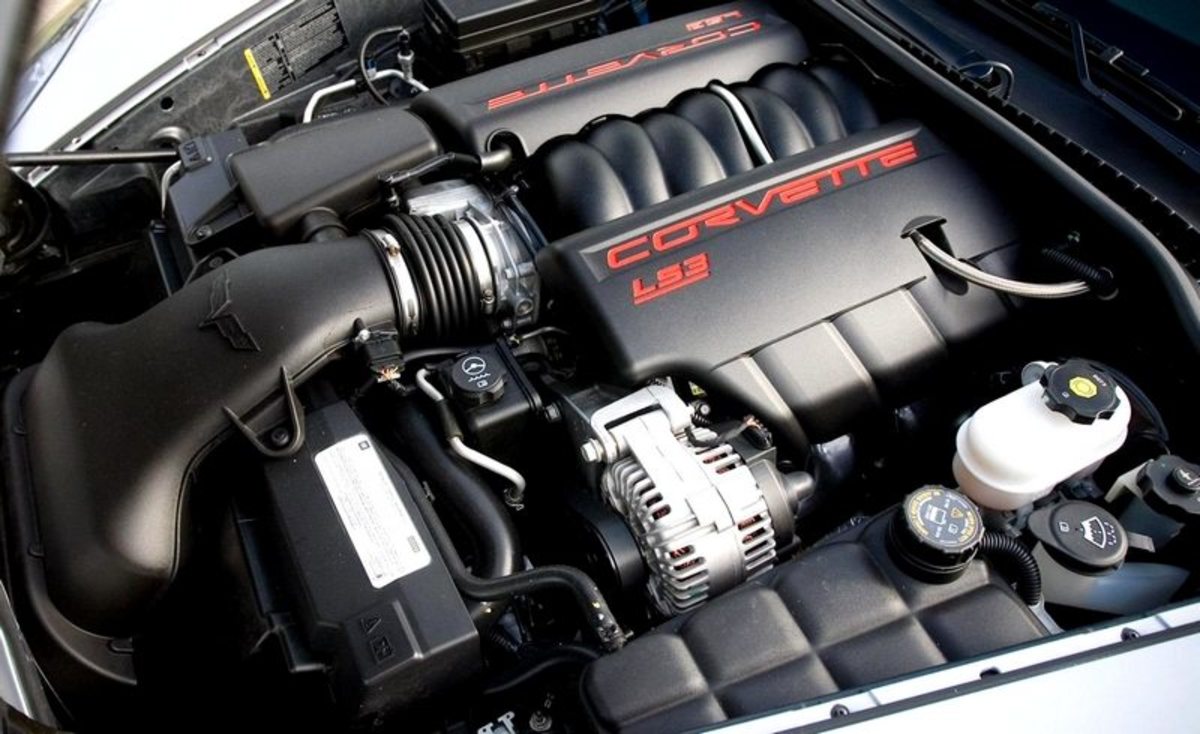Volkswagen Emissions Scandal
The Volkswagen Emission Scandal
Volkswagen
Volkswagen AG is the world’s fourth largest automobile manufacturer. The company was founded in 1937 in Nazi Germany, as the idea of two men: Ferdinand Porsche and Adolf Hitler. The company aimed to produce cars for the average man, in contrast to the popular luxury cars then designed by Ferdinand Porsche; the cars would become known as ‘The People’s Car,’ now otherwise known as the Volkswagen Bug (A.G., 2018).
A Volkswagen factory was founded in Wolfsburg, Germany, but the factory served to produce military vehicles until the presence of British occupation forces; it was the British who take the credit for producing the passenger vehicles during the period of 1945 to 1949. Volkswagen achieved success slowly, especially in the United States because of its Nazi roots; however, Volkswagen eventually overcame its struggles to become one of the most successful automobile manufacturers in the world. Sadly, this success became tainted with the event of the Volkswagen emissions scandal (A.G., 2018).
It was during the year 2015 that the Volkswagen emissions scandal emerged. Put simply, the Volkswagen emissions scandal was an attempt by Volkswagen to thwart emissions regulations. The company installed software in over 11 million vehicles that allowed the vehicles to cheat on emissions tests. The software could sense when the car’s emissions were being tested, and then activated equipment that reduced emissions, only to turn emissions back up during regular on-the-road driving (Harper, 2018).
When the scandal was discovered, thousands of cars were recalled. In the UK, less than half of the affected vehicles were repaired; in the US, the company faced a $12.3 billion settlement. Ultimately, there was a lawsuit against the company, representing more than 55,000 Volkswagen owners (Harper, 2018).
Additionally, many owners claimed that their cars began to lose power while they were driving on the highway, since the illegal software caused cars to run below normal power and performance to reduce emissions. One owner, Kristy Blackwell, from Wiltshire, claims that she was travelling on the freeway at over 70 mph when her car began to lose power. Thankfully, Blackwell was able to safely maneuver her car off of the road (Harper, 2018).
Volkswagen’s Brand Reputation
Volkswagen has long relied on a reputation of technological superiority, supported by the tagline touted at the end of every advertisement ‘Time for some German engineering?’ Added to this was Volkswagen’s focus on environmental sustainability. In fact, the company set out to become the eco-friendliest car by the year 2018. Volkswagen’s reputation as being environmentally sound began as early as the 1960s; the company sported the tagline ‘Think small’ amidst the presence of gas guzzling vehicles. During the time leading up to the emissions scandal, the company aggressively promoted clean diesel technology that claimed to provide high fuel economy (Preston, 2018).
Sadly, the company’s last clean diesel commercial ran just two days after the eruption of the emissions scandal. A positive brand reputation can take years to develop and is founded on trust; Volkswagen managed to demolish their brand reputation in the span of 24 hours. According to YouGov BrandIndex, used to track brand perception, the emissions scandal brought Volkswagen to its lowest consumer perception level in more than six and a half years. Clearly, Volkswagen’s image has taken a big hit (Preston, 2018).
Brand Equity
Brand equity is the value assigned to a company based on consumers’ perception of the company; it is brand equity that makes a company more valued than a generic brand. A company increases its brand equity by being memorable, easy to recognize, and superior in quality. Brand equity helps to ensure the success of a company because consumers will readily purchase products, existing and new, from a company with high brand equity; consumers trust and like companies with high brand equities (Staff, 2018).
Prior to the emissions scandal, Volkswagen possessed high brand equity. The company’s brand equity was based on its reputation as being environmentally friendly and for most consumers, this fact was the major selling point (Anderson, 2015).
For instance, Ashley Scarpa, an environmental volunteer, bought a Volkswagen vehicle to reduce her carbon footprint. The recent emissions scandal, though, damaged their relationship; in reference to the scandal, Scarpa said that it felt like she and Volkswagen ‘…were breaking up…’ Sadly, after the revelation that her car was actually increasing her carbon footprint, Scarpa had no choice but to keep driving her vehicle (Anderson, 2015).
The news, Volkswagen’s Owner’s Club, its Facebook page, and other Volkswagen venues, have been awash with comments from angry consumers. Adding to the damage is the outrage from taxpayers; Volkswagen accepted millions of dollars in clean energy subsidies from the federal government, and kept none of its promises. Volkswagen’s brand equity has been completely shattered, and it is unclear if it will ever recover (Anderson, 2015).
Confronting the Scandal
In the aftermath of the emissions scandal, it is imperative that Volkswagen works to resolve the issue in the most ethical way possible, and this process begins with the company recognizing the full impact of their actions. As a result of the scandal, millions of consumers were, or are, driving cars that do not pass emissions; consumers may face fines and/or find themselves without a vehicle to drive. To add insult to injury, Volkswagen robbed the government when they dishonestly accepted clean energy subsidies.
To pacify all parties involved, Volkswagen would do well to allow consumers to trade in their current vehicles for a new Volkswagen that is truly environmentally friendly, while making sure that consumers maintain, or even lessen, the cost associated with owning their Volkswagen. Volkswagen could accomplish this by allowing consumers to possess new vehicles under the same lease terms. Another viable option is to return any remaining subsidies, or obtain permission to use the funds to repair faulty vehicles. Regardless, Volkswagen is clearly in debt with the US government for the subsidies, and would do well to pay them back.
Regardless of what action Volkswagen chooses to take, the aim is to repair the trust broken and to rebuild a positive brand reputation. Such a dilemma undoubtedly highly concerns Volkswagen’s brand manager, who is faced with overseeing this monumental feat.
A great first step in rebuilding trust would be to offer straightforward advertising that assures the consumer that ensures Volkswagen’s honesty. For one, advertising should assure consumers of the validity of its claims; such a task is as simple as having the vehicles evaluated before they hit the market. Then, commercial advertising can simply announce the results of this evaluation. Volkswagen may even choose to go a step farther, by providing a disclaimer to consumers with every new vehicle purchase.
The Bottom Line
As we examine the Volkswagen emissions scandal, we can learn that from a company’s perspective, day to day activities center around making profit, as evidenced by Volkswagen’s willingness to break the law to increase their sales. From the consumers’ perspective a company’s day to day activities revolve around trust, as evidenced by their outrage when the emission’s scandal went public.
So, it is important that executives of other car manufacturers realize that damaging trust is more detrimental than any production cost. Executives should recognize that while Volkswagen saved a lot of money by lying, but ultimately lost more money because of their damaged reputation.
Executives of other car manufacturing companies will do well if they are honest in their production and advertising; while honesty may mean that companies initially experience slower growth, the results will be worthwhile. By being honest, companies ensure that they can maintain their customers for years to come, without experiencing the excessive costs that come from immoral decisions, like those of the Volkswagen emissions scandal. Put simply, the lesson to executives of other car manufacturing companies is that honesty is profitable.
References
A.G..", ". (2018). Volkswagen A.G. Retrieved from https://www.encyclopedia.com/social-sciences-and-law/economics-business-and-labor/businesses-and-occupations/volkswagen-ag
Anderson, M. (2015, September 23). Emissions scandal hurts Volkswagen's environmentally-friendly image: Experts. Retrieved from https://www.ctvnews.ca/autos/emissions-scandal-hurts-volkswagen-s-environmentally-friendly-image-experts-1.2577587
Harper, P. (2018, May 04). New potential scandal engulfs Volkswagen as driver claim cars go into 'limp mode'. Retrieved from https://www.thesun.co.uk/motors/4002356/olkswagen-emissions-scandal-defeat-device-fix-limp-mode-vw-scandal/
Preston, B. (2015, September 25). Volkswagen scandal tarnishes hard-won US reputation as green company. Retrieved from https://www.theguardian.com/business/2015/sep/25/volkswagen-scandal-us-reputation-emissions
Staff, I. (2018, April 23). Brand Equity. Retrieved from https://www.investopedia.com/terms/b/brandequity.asp

